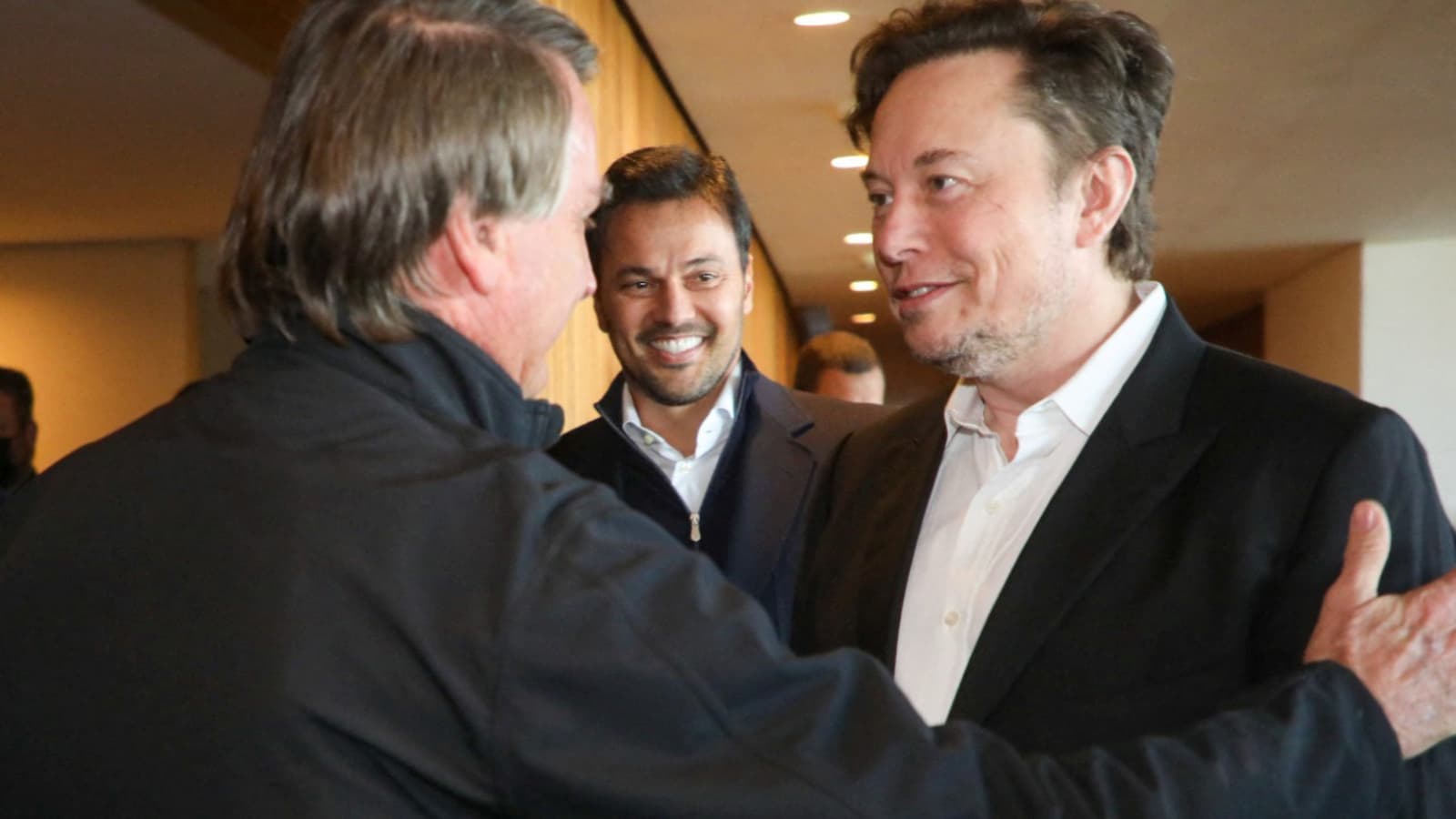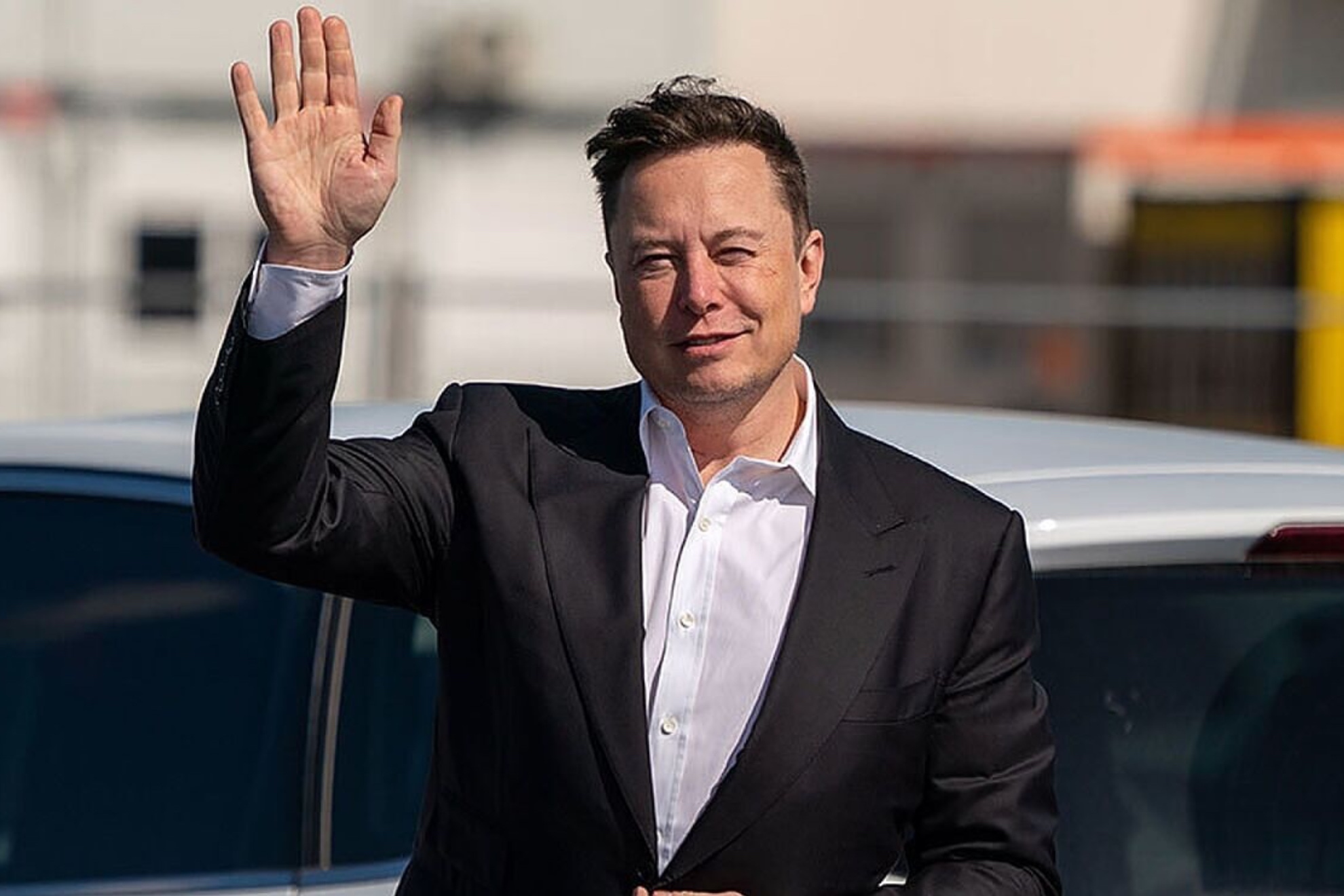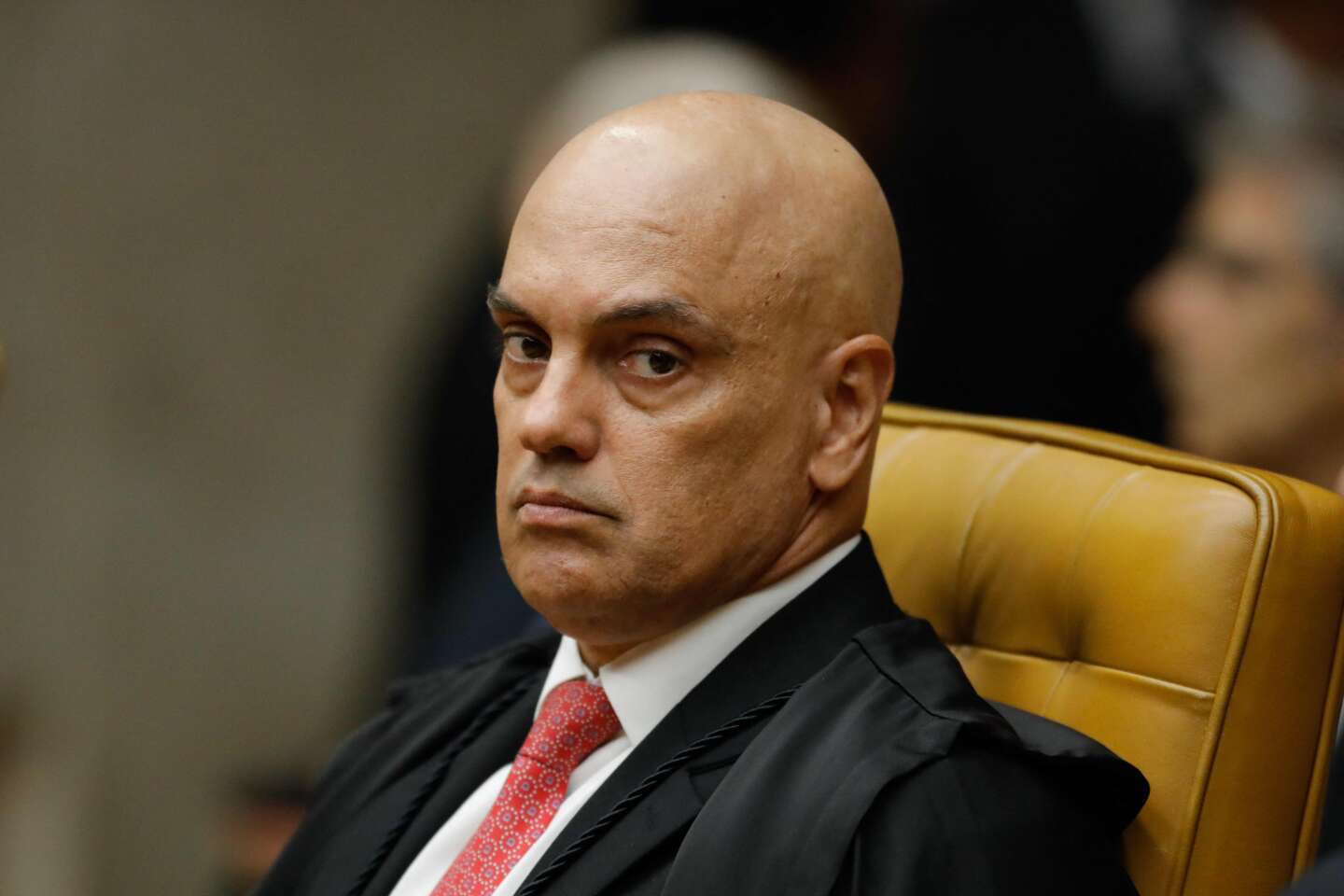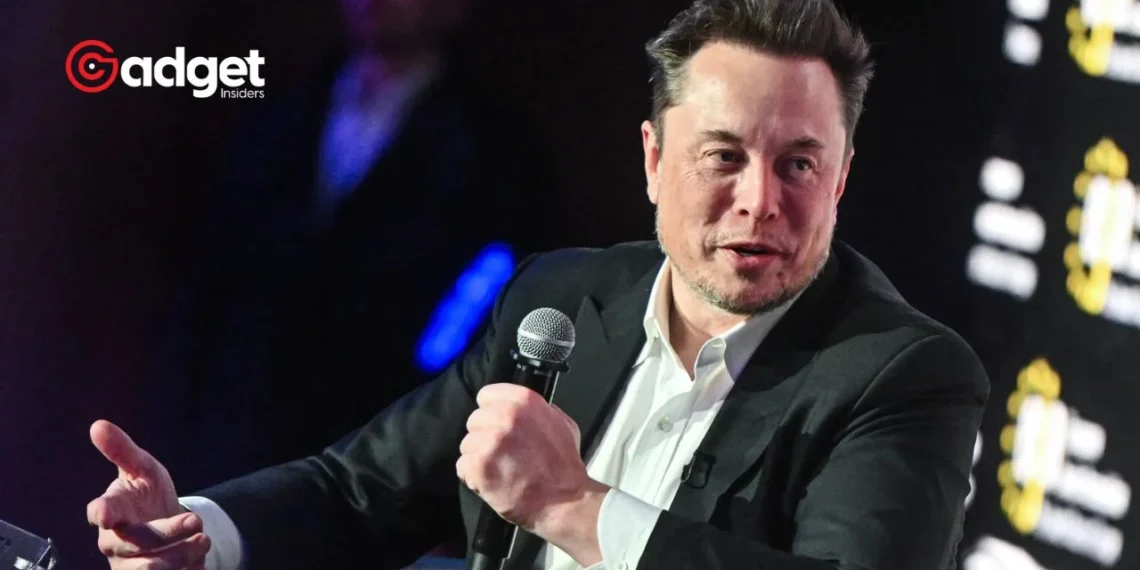In a striking turn of events that seems straight out of a high-stakes political drama, Elon Musk, the charismatic and often controversial figure behind X (formerly known as Twitter), has sparked a fiery debate in Brazil, putting the spotlight on the intricate dance between free speech, social media regulation, and judicial authority.
This latest episode not only underscores the growing global concern over the influence of tech giants but also highlights the deep political divisions within Brazil, a country still grappling with the aftermath of its recent political upheavals.

Elon Musk vs. The Brazilian Judiciary: A Battle of Titans
Elon Musk, in a move that has ignited conversations around the globe, has openly challenged Alexandre de Moraes, a Supreme Court Justice in Brazil known for his staunch defense of democratic values and the integrity of the electoral system.
De Moraes, a polarizing figure in his own right, initiated an inquiry into Elon Musk’s intentions to unblock various Brazilian accounts previously banned by court order, suspecting a disinformation campaign aimed at undermining the judiciary.
These accounts, believed to be associated with far-right movements, were implicated in encouraging the storming of Brazil’s key government institutions by supporters of the former president, Jair Bolsanaro.
This event marked a tumultuous chapter in Brazil’s political history, raising alarm over the stability of its democratic institutions.
Elon Musk is clashing with a Supreme Court justice in Brazil over free speech, far-right accounts and misinformation on X, the social media platform Musk bought when it was Twitter.https://t.co/13gE7N2fhn
— UpNorthLive News (@upnorthlive) April 12, 2024
The Heart of the Controversy: Free Speech or Judicial Dictatorship?
The crux of the matter lies in Elon Musk’s audacious stance against what he perceives as an overreach by the Brazilian judiciary. By vowing to “publish everything” demanded by de Moraes and challenging the legality of these requests, Elon Musk has positioned himself as a crusader for free speech.
His call for de Moraes to “resign or be impeached” for betraying “the constitution and people of Brazil” has stirred a pot of mixed reactions, reflecting the country’s fragmented political landscape.

Critics of de Moraes view him as the “Censor in Chief,” accusing him of running a “judicial dictatorship” and being entangled in corruption allegations.
On the other hand, his defenders laud his efforts to protect Brazil’s democratic framework from disinformation and external influences, notably during the contentious 2022 presidential elections.
The Specter of Social Media Regulation: A Global Dilemma
The Elon Musk-de Moraes saga brings to the fore the pressing issue of social media regulation. Brazil’s attorney-general, Jorge Messias, echoed a sentiment resonating worldwide, emphasizing the danger of allowing “billionaires domiciled abroad” to wield unchecked power over digital platforms.
This call for “urgent regulation” of social media underscores the precarious balance between safeguarding freedom of expression and maintaining public order and democracy.

Furthermore, Bruna Santos from the non-profit Digital Action highlighted the provocative nature of Elon Musk’s actions, suggesting that X’s defiance might lead to its blockade in Brazil.
Such a development would not only have significant implications for X’s operations in the country but also serve as a cautionary tale for social media giants navigating the complex web of global politics and regulation.
A Defining Moment for Democracy and Digital Discourse
As this saga unfolds, it serves as a poignant reminder of the challenges facing modern democracies in the digital age. The Elon Musk versus de Moraes standoff is more than just a billionaire’s bold gambit; it’s a microcosm of the larger debates raging across the world.
How societies choose to address these issues will undoubtedly shape the future of free speech, judicial authority, and the role of social media in public discourse. In the end, the resolution of this conflict may offer valuable insights into the evolving relationship between technology, politics, and society.
As the world watches, the outcome of this high-profile confrontation could set precedents for how democracies navigate the treacherous waters of the information era, ensuring that the principles of freedom and justice are upheld in an increasingly interconnected and digital world.


